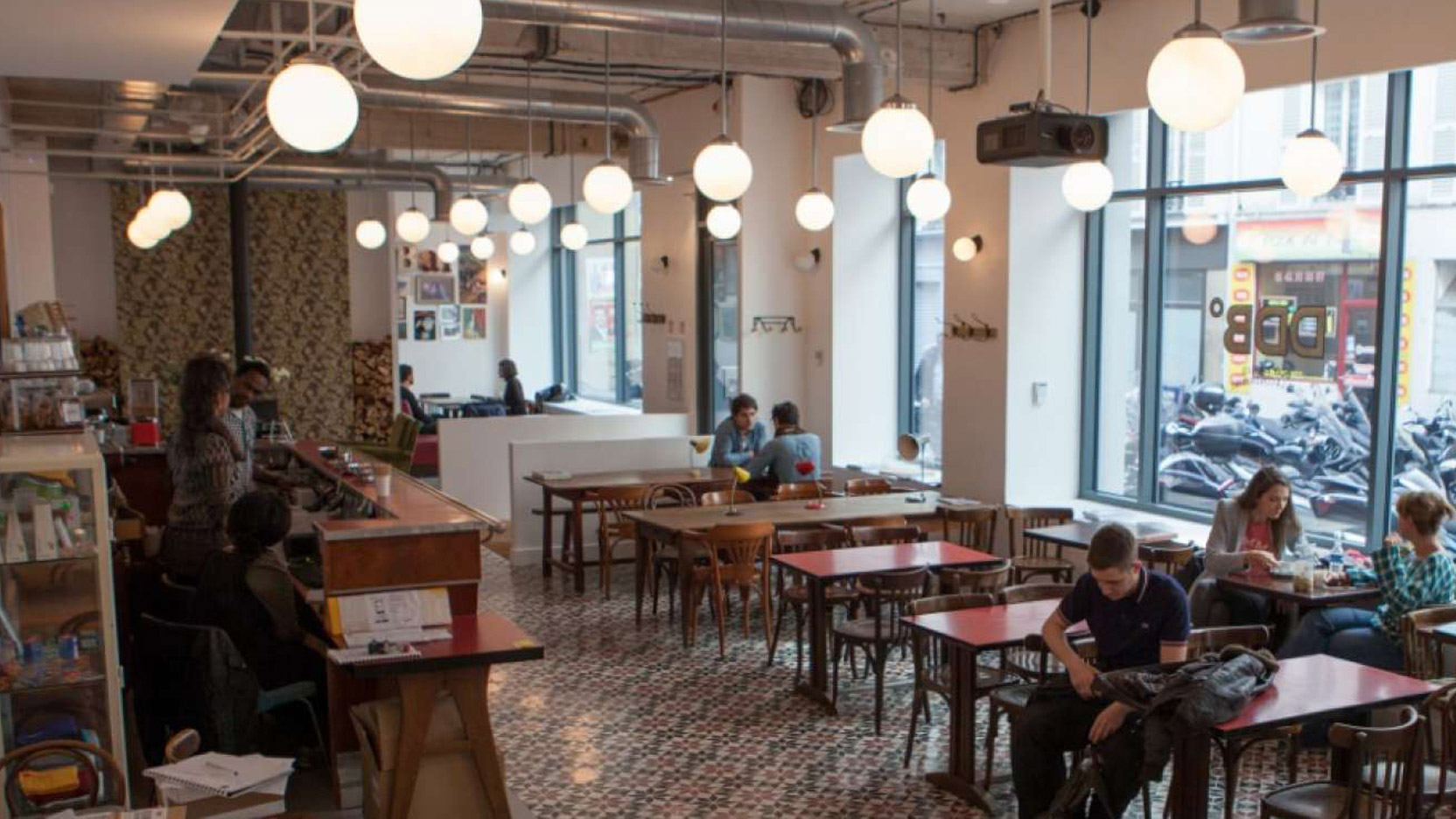Emmanuelle Duez was not yet 30 when she organized The Boson Project, a committed start-up providing support to large companies that wish to set up new flexible, collaborative working methods and new management practices adapted to a changing world. Her consulting firm also co-designs work spaces with employees when a company moves, and together with them imagines places that step up to the challenges facing businesses in the future – agility, a cross-functional approach, transparency and experimentation. For the Y generation – whose members are educated, mobile and connected – the workplace is not just about an office but is above all a place where people come and go and where they find fulfilment. This is a central challenge for retaining the most talented employees.
How do the values of the Y generation transform the work space?
Today the office is no longer a sacred place. People work much more flexibly and independently and in a far more mobile manner. When you are under 30 today, and you are free and aspire to be so, you can work from anywhere – from your home, a coffeehouse or a co-working space, for example. This diversity of spaces is a source of creativity and open-mindedness that is not found in a traditional office. But this diversity is only possible with a flexible conception of work. We will have to accept the fact that the office is no longer the cure-all. It is just one of several possible work spaces. My bed can also be a work space.
What role can or must a company play in this transformation?
The business world is beginning to overhaul the design of work premises. If employees are not always there, other arrangements can be imagined. The work station is symptomatic of a new way of working together. It is a vehicle for the retention of talents. A pleasant workplace is a real asset. Today, companies rearrange their space to foster collaboration and take increasingly into consideration the fact that employees can enjoy their work. Space is becoming a central issue. It doesn’t matter very much that the walls are painted red or white – it’s a whole philosophy of space that the business must think out. What does the space in which I work mean and what does it allow?
What space planning fosters collaboration?
One can create flows of traffic or institute a system whereby desks are not allocated, for example. Most of all, the company must give employees freedom to imagine configurations that are not so rigid.
Do these transformations concern all companies and all types of workstations?
A huge number of small Paris-based companies are in the process of rearranging their premises and that is also the case of all consultancy firms. It’s no longer an issue that concerns only giants like Google and Apple – it’s a matter for all companies. Considering work as a place of transit is no doubt easier today for executives, but designing this space as a place for the retention of talents – this concerns everyone. It’s all a matter of striking the right balance in the redesign of work spaces that must become places where people find fulfilment.



